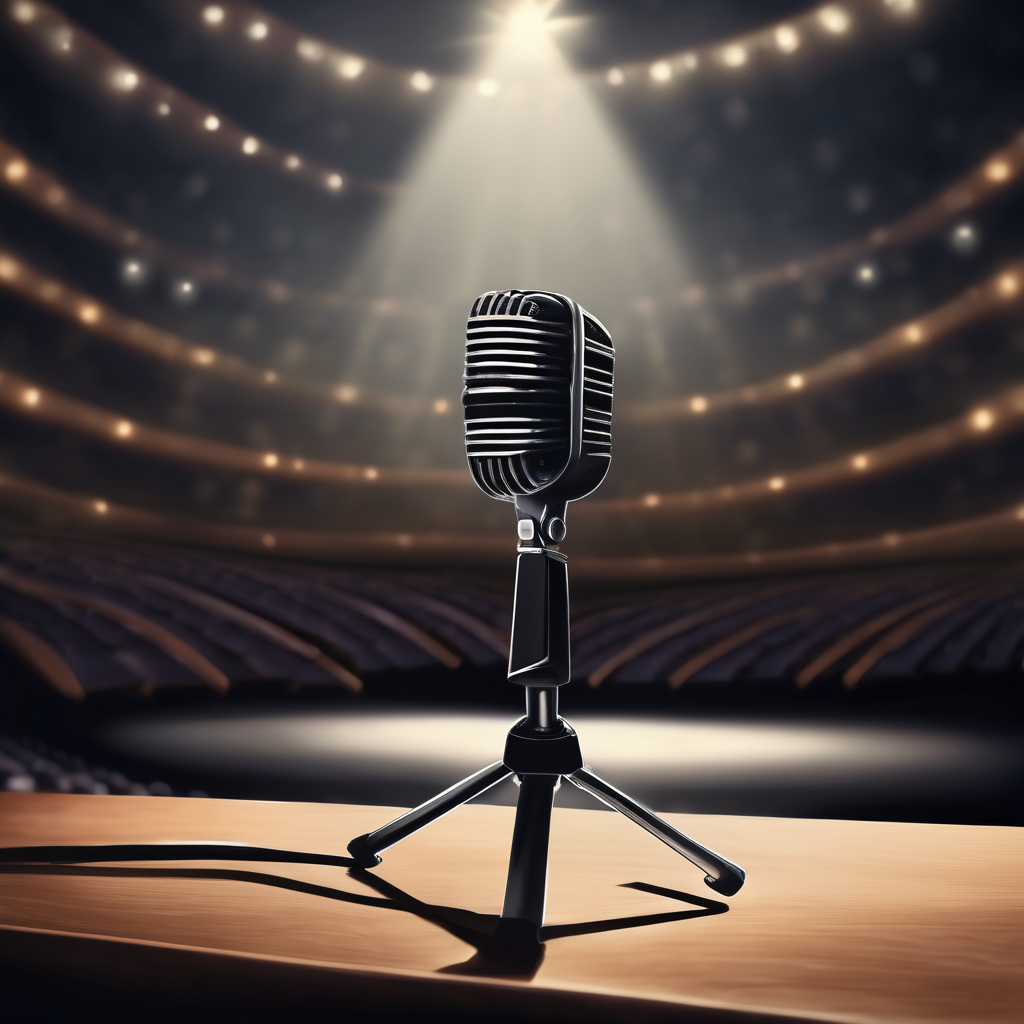Jimmy Kimmel, the seasoned host of the late-night show “Jimmy Kimmel Live!” on ABC, finds himself in a contentious situation following remarks made about conservative activist Charlie Kirk’s assassination. Kimmel’s comments, made during a monologue on September 16, have led to the indefinite suspension of his show, highlighting broader issues of media responsibility and political discourse in America.
At the heart of the controversy is Kimmel’s outspoken criticism of how political factions have reacted to Kirk’s recent killing. Kirk, a well-known ally of former President Donald Trump, was shot dead on September 10 at Utah Valley University, an act that has intensified national debates on gun violence and free speech. The suspect, Tyler Robinson, has been charged and prosecutors have announced intentions to seek the death penalty.
Kimmel, widely recognized for his sharp and sometimes provocative humor, faced backlash from major affiliates like Sinclair Broadcast Group, which conditioned the return of his show on his apology to Kirk’s family. Despite pressure, Kimmel has reportedly refused to apologize, placing his future with ABC in jeopardy. Discussions indicated that prior tensions over his monologues might have already set the stage for ABC considering a change in hosts.
This decision by ABC to pull Kimmel’s show marks a significant moment in American media, reflecting the intricate balance between free expression and the responsibility that comes with large audiences. Former President Donald Trump, reacting to the situation, publicly supported ABC’s move and suggested actions against other outspoken late-night hosts.
The incident has sent ripples across the entertainment landscape, prompting responses from Hollywood personalities and discussions about freedom of expression versus accountability. Prominent voices like actress Tatiana Maslany have even called for boycotts of Disney-related services in solidarity with Kimmel.
Kimmel’s predicament underscores the tensions inherent in American media, where political commentary can quickly become a flashpoint. This scenario also raises critical questions about the influence of political figures over media narratives and the robustness of media responsibility.
As the situation evolves, it persists as a symbol of the challenges faced by the media in navigating an increasingly polarized environment. The case reflects a broader discourse on ensuring safety and accountability while allowing for robust political expression. Kimmel’s future actions, and the network’s responses, will likely contribute to ongoing dialogues about the role of media in democratic societies.
